
Photo-Illustration by Alexander Flores (with apologies to 23andMe)

Audio By Carbonatix
As a group, we journalists love to gaze out at the world and, rather than marvel at its many splendors, mutter to ourselves: “Why doesn’t somebody do something about that piss-poor ______?” The ______, of course, might represent anything from crappy Wi-Fi to public corruption to the scarcity of reasonably priced fresh seafood in a seaside town.
At the same time, when we’re not muttering it to ourselves, we’re fielding texts, tweets, DMs, voicemails, and nudges from the rail gin-and-tonic connoisseur sitting next to us at Happy’s Stork Lounge, all of them practically demanding that we look into ______.
When you get down to it, that’s how a lot of stories get made.
As we tore the shrinkwrap off our 2022 desk blotter – one of the few office-supply mainstays that we still cling to in this digital age – it struck us that the new year presents a convenient opportunity to pose the question directly to some of our fellow deep thinkers in other fields.
So in the spirit of renewal, we asked a whole passel of locals to share a wish for Miamians in the new year.
Specifically, we posed the following question: “If you could change or improve one thing in Miami this year, what would it be, and how would you accomplish it?”
We urged them to think big – or small. “No idea is too sweeping or too niggling in concept or geographic specificity. And don’t allow money, bureaucracy, or other potential obstacles to stifle your best ideas.”
That was it for guidance – after all, we’re in the business of listening. The responses below, listed in alphabetical order, have been edited for length and clarity.
For additional insights from the culinary community, see our companion feature, “Food for Thought.”
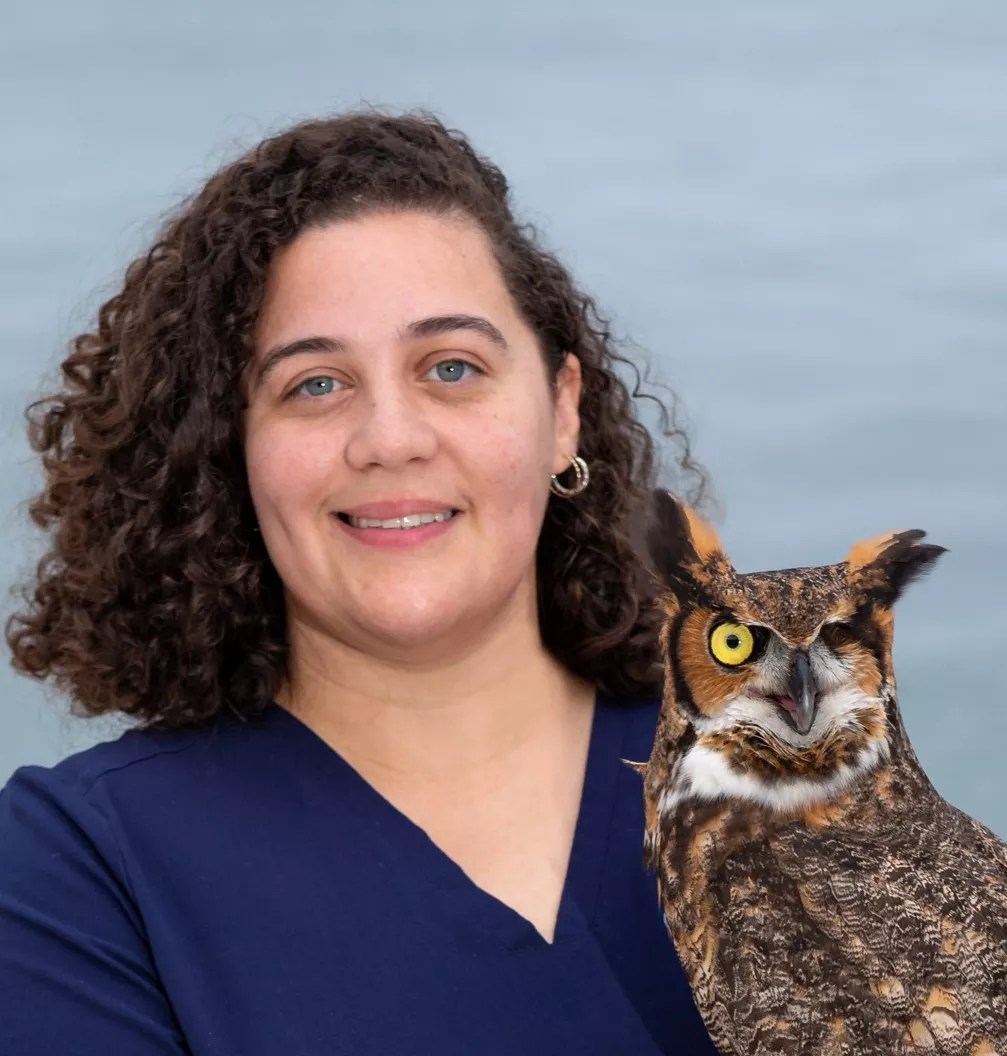
Yaritza Acosta
Photo by Sylvia Ross
Yaritza Acosta: “More Pockets of Native Habitats for Wildlife”
Yaritza Acosta is the rehabilitation manager for the Pelican Harbor Seabird Station. She’s taking continuing-education courses and applying for veterinary school.
I would like to see Miami create more pockets of native habitats for wildlife living in Miami and migrant birds that migrate through. They can be small areas throughout Miami with native plants for birds to stop and eat and rest and be little safe spaces for them. We can also turn more of our current parks and habitats into wildlife sanctuaries so there’s more safe spaces for native wildlife.

Chris Adamo
Photo courtesy of Chris Adamo
Chris Adamo: “Personally Get Involved and Make a Change”
Chris Adamo is a founding partner of Flamingo Capital, an angel investor, and an advisor to high- growth startups.
Patience, Appreciation, and Empathy. The next time you hear someone complaining about something in Miami, remind them that we’re still in our formative years. At the fresh age of just over 100, our city is light years ahead of any other city at their 100-year mark. We are a nimble and ever-evolving city that will depend on adaptability as a core pillar for our future. Also, if you find yourself complaining, take action. This is a city that is accessible and small enough where you personally can get involved and make a change. Run for local office, start an event series, begin a chat group of people to generate solutions, start a decentralized autonomous organization (DAO). And if you need any inspiration, reach out to me; I’m here to help. Everything is possible! Time is all we need, and that takes patience.
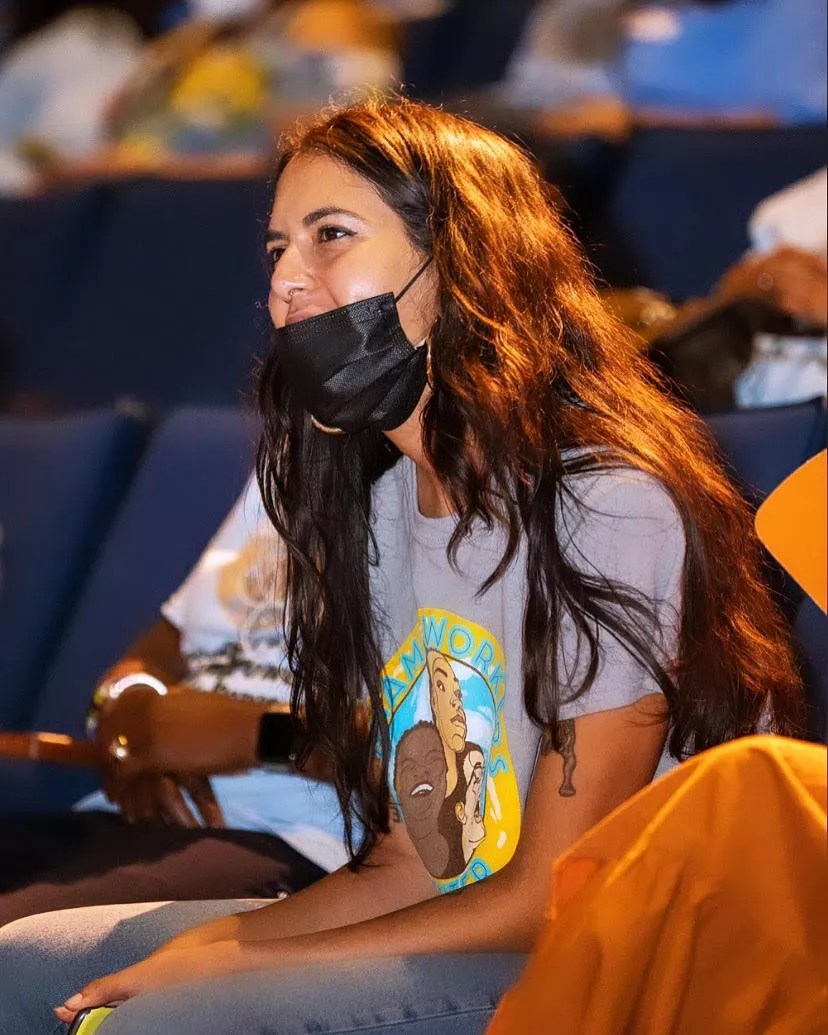
Zaina Alsous
Photo by Mackendy Charles
Zaina Alsous: “More People Uniting”
Zaina Alsous is an organizer with the Miami Workers Center, an organization dedicated to building the power and self-determination of workers, tenants, and families across Miami.
I would like to see more people uniting to demand what we deserve from employers and landlords. Workers have never stopped hustling throughout the pandemic, with so many of us sending money to family overseas who depend on us. Instead of being recognized for their sacrifices, essential workers are facing a nearly 40 percent increase in the cost of rent, and wages that don’t keep up with the cost of living. I am constantly inspired by the courage of ordinary people to stand up for themselves and others – like tenants in Hialeah who recently organized against a 65 percent rent hike at their apartment building, or day laborers in Homestead who held an action to demand their stolen wages back from their employer. If we can plant the seeds of solidarity across Miami in 2022, we can demand to ensure that longtime residents can afford to raise their children here and sustain a home worth fighting for.
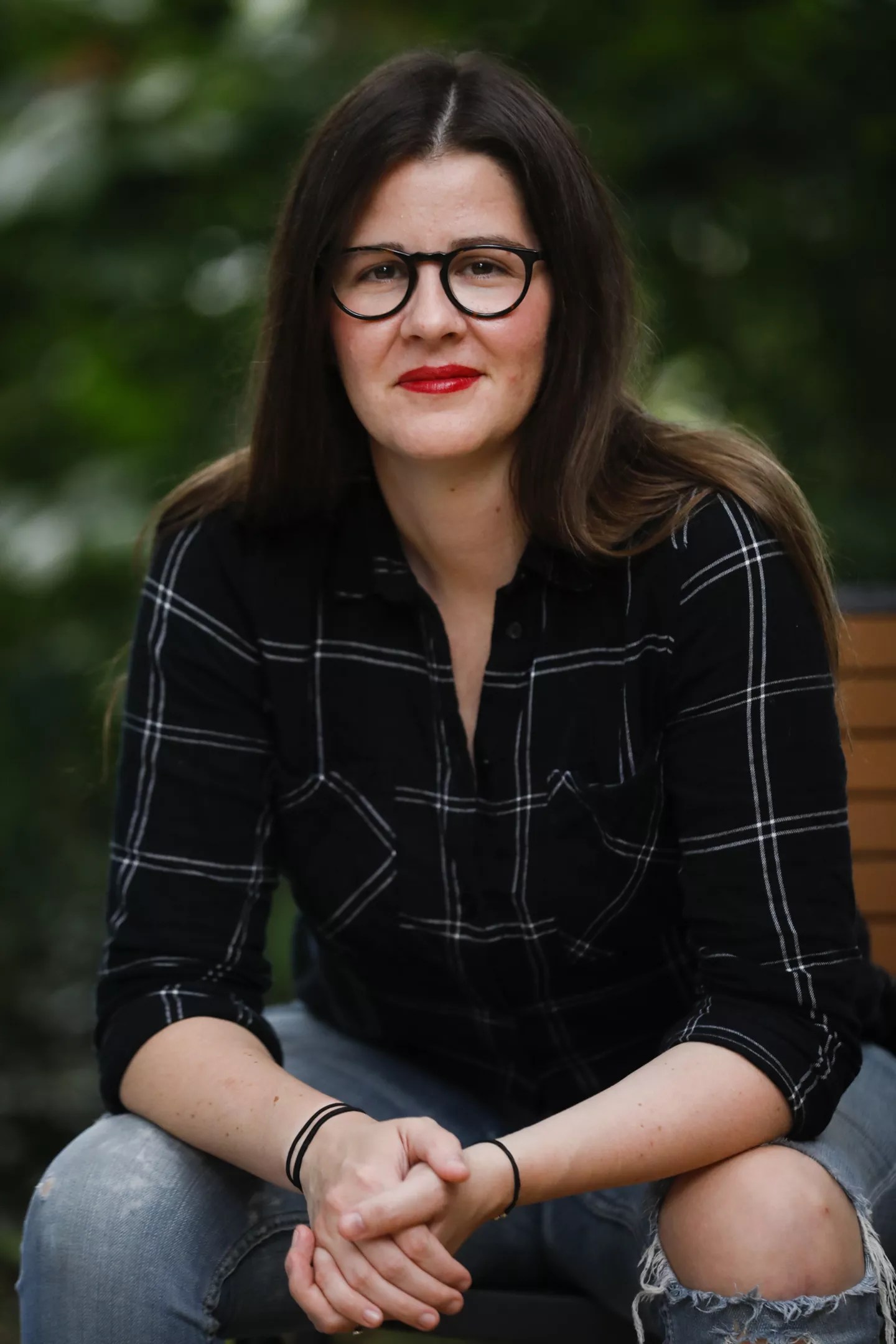
Kristen Arnett
Photo by Eve Edelheit
Kristen Arnett: “Improve Public Transportation”
Orlando native Kristen Arnett was our pick for Best Author in the 2021 edition of New Times‘ Best of Miami. A New York Times reviewer deemed the Miami transplant’s second novel, With Teeth, which hit shelves last June, “sublimely weird, fluently paced, brazenly funny and gayer still.”
I’m not sure I have a really good detailed response for this, since I didn’t leave my house for much of the last year. I’d say it would be great to improve public transportation – especially Metrorail – in order to help reduce traffic and accidents on I-95. It would be great if Florida could have a more robust public-transport system that didn’t have to rely on cars and car ownership.

Irvans Augustin
Photo courtesy of Irvans Augustin
Irvans Augustin: “Solar for All”
Irvans Augustin is a founding partner of Urban Impact Lab, a Miami-based firm that turns complex, urban problems into solutions that build better cities. He serves on the board of Transit Alliance Miami, a nonprofit he cofounded.
Solar for all, for real this time. I want to see a separate, dedicated solar-panel pathway that fully connects Miami’s neighborhoods. While our neighborhoods are experiencing the effects of climate change and its cousin climate gentrification, they don’t benefit from the big thinking and transformative solutions that can help us all thrive. Solar shouldn’t just be for those who can afford big panels on their roofs. What if this solar path offered energy for charging stations for vehicles, bikes, or scooters? Powered community Wi-Fi, emergency-response stations, wayfinding – or replaced charcoal and heated a community grill? There are so many possibilities for this path to connect people and spark more ideas for how we can live and enjoy this city together, even as temperatures rise.
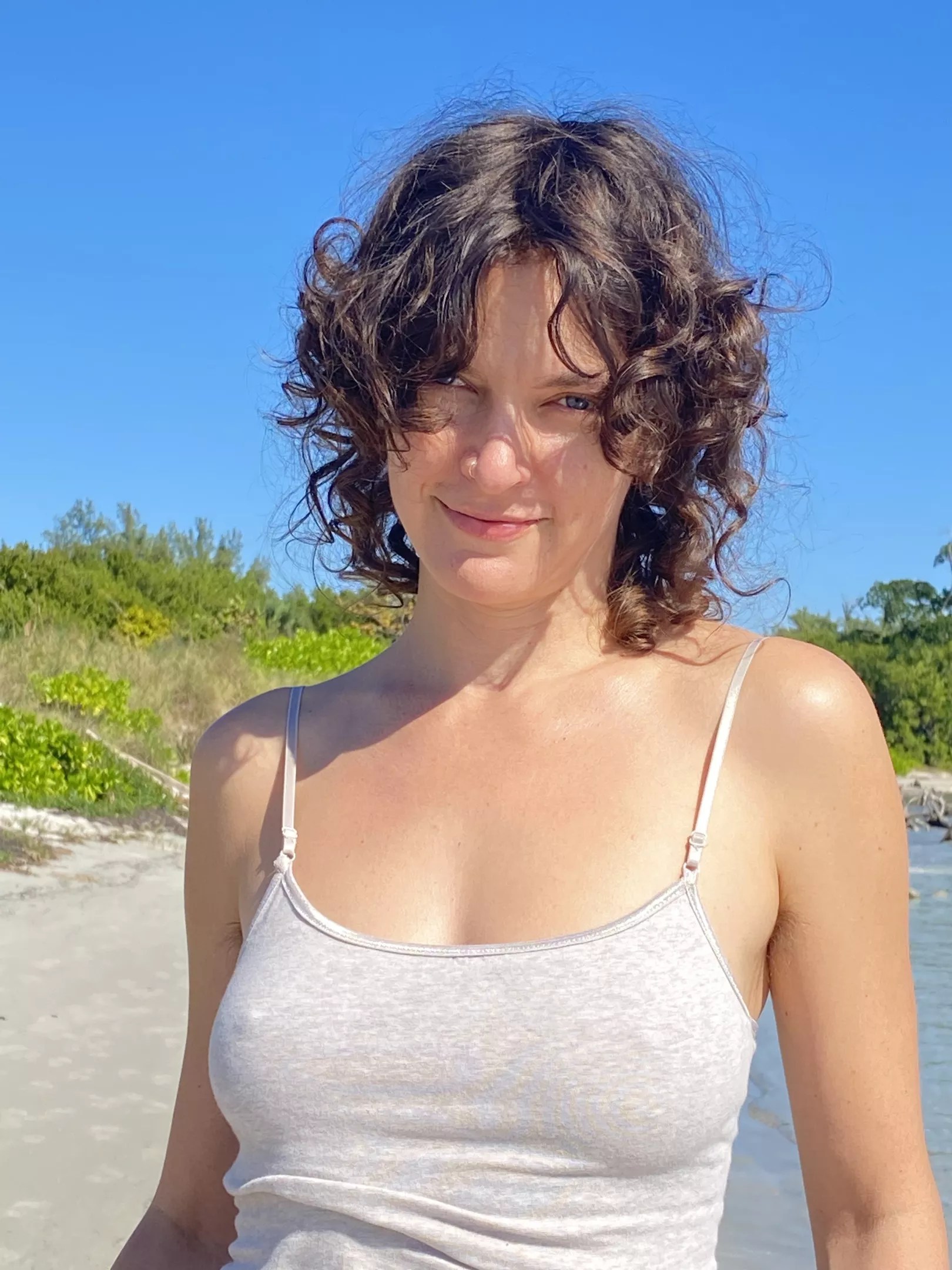
Jenna Balfe
Photo by Dennis Fuller
Jenna Balfe: “Acess to Mental-Health Services”
Jenna Balfe is a performance-based artist and lead singer/cofounder of the band Donzii.
I’d like to see access to mental-health services as a means of circumventing the involvement of law enforcement. While mental-health services are available, they’re not in areas that are easy to get to, nor are they adequately advertised. I’d like to see federally funded community mental-health centers, or “stops,” like I see Starbucks or CVS. I’d like these places to be accessible and welcoming – fun and pleasant, even. We need to not only decriminalize mental illness but also reduce the stigma around it and increase the level of individual awareness and comfort with accepting that essentially we all have “mental-health issues” by virtue of living in a “society.”
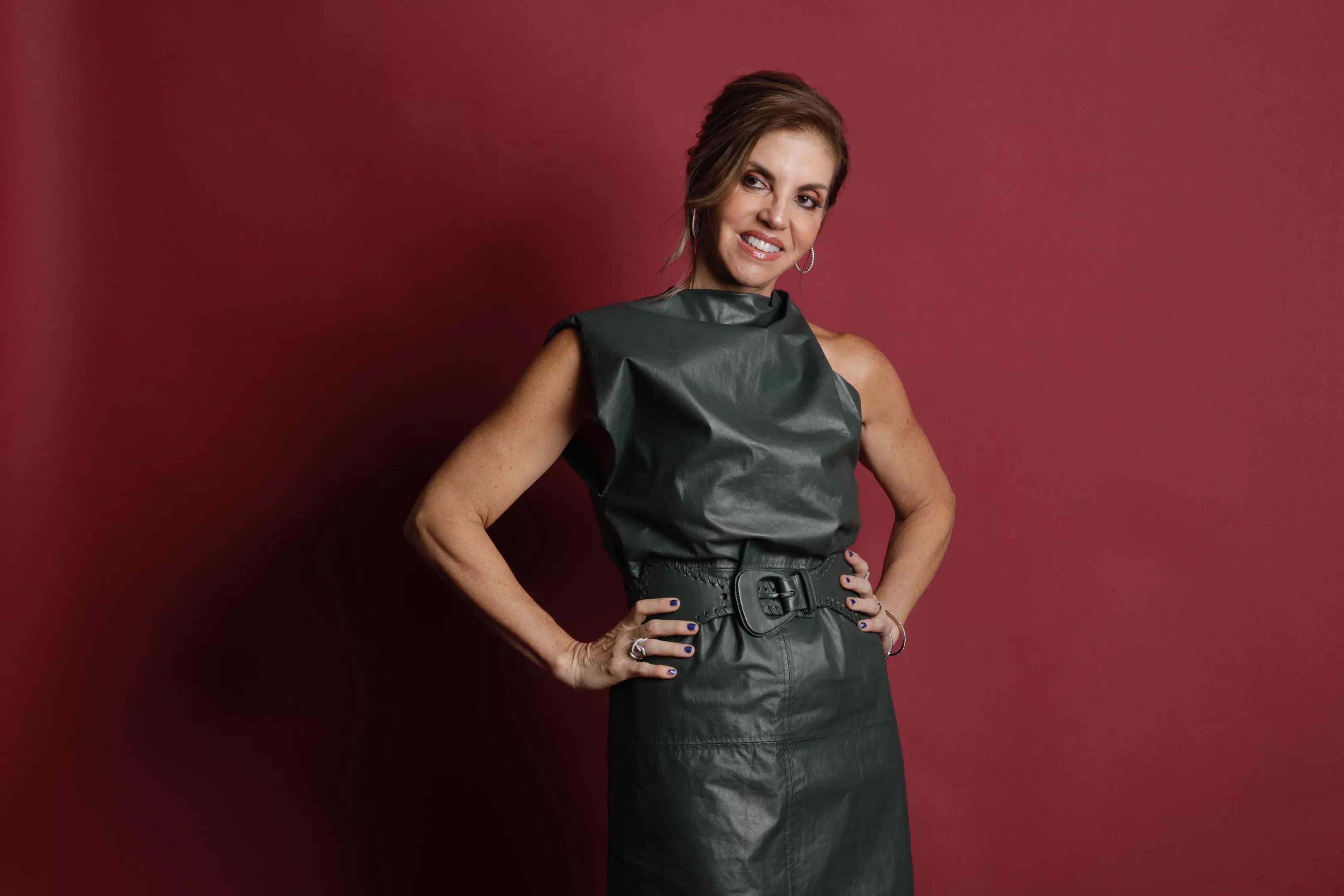
Leila Cobo
Photo by Natalia Auilera
Leila Cobo: “Traffic!”
Leila Cobo is vice president and Latin industry lead at Billboard and the author of Decoding “Despacito”: An Oral History of Latin Music.
As a person who spends a lot of time at events and concerts, I often find that my criterion for attending is…traffic! The biggest offender is the arena, where for reasons we simply cannot figure out, every event becomes a holy traffic mess that requires a minimum of half an hour to drive two blocks. Having traffic cops that actually care and actually direct traffic along Biscayne would go a long way into alleviating unnecessary pain. Ditto for Art Basel. I am itching to go out more in 2022, but spending two hours inside my car to get to my destination dampens all enthusiasm.
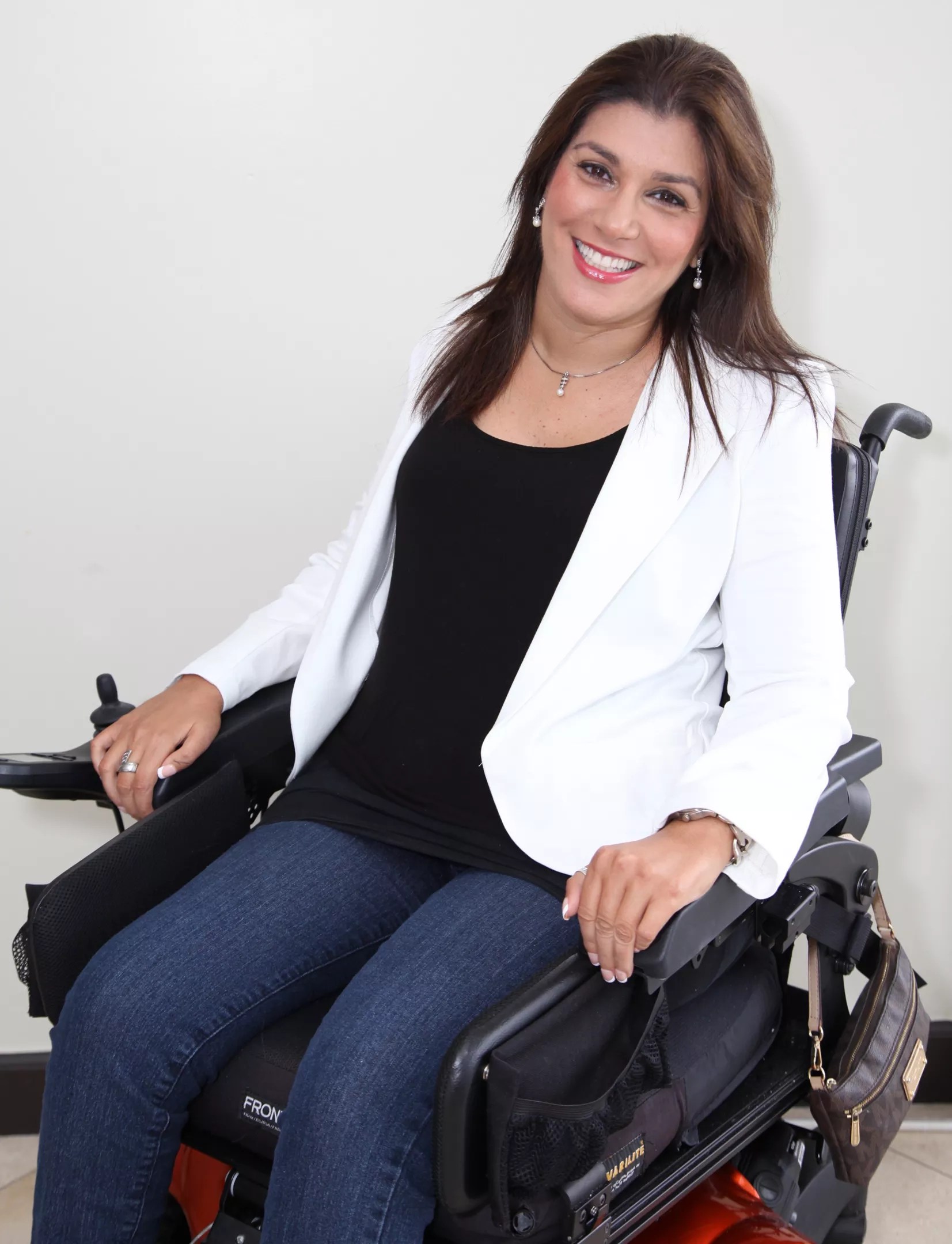
Sabrina Cohen
Photo courtesy of Sabrina Cohen
Sabrina Cohen: “Increase Accessibility”
Miami Beach native Sabrina Cohen, a C5 quadriplegic as the result of a car accident, is founder and president of the Sabrina Cohen Foundation, a nonprofit that raises funds for fitness initiatives for the disabled community.
My vision is to increase accessibility to all outdoor and recreational spaces for the disabled community, particularly the beach. I want Miami to be a comfort for this community because the weather is such an attraction – it’s hard to maneuver wheelchairs in the snow. True universal design doesn’t alienate anyone. In fact, it makes it easier for everyone. In these times in particular, business owners can look to see how they can make their places easier to maneuver, whether that’s not placing tables so close together or not blocking access to elevators. There’s life to be had in this community.
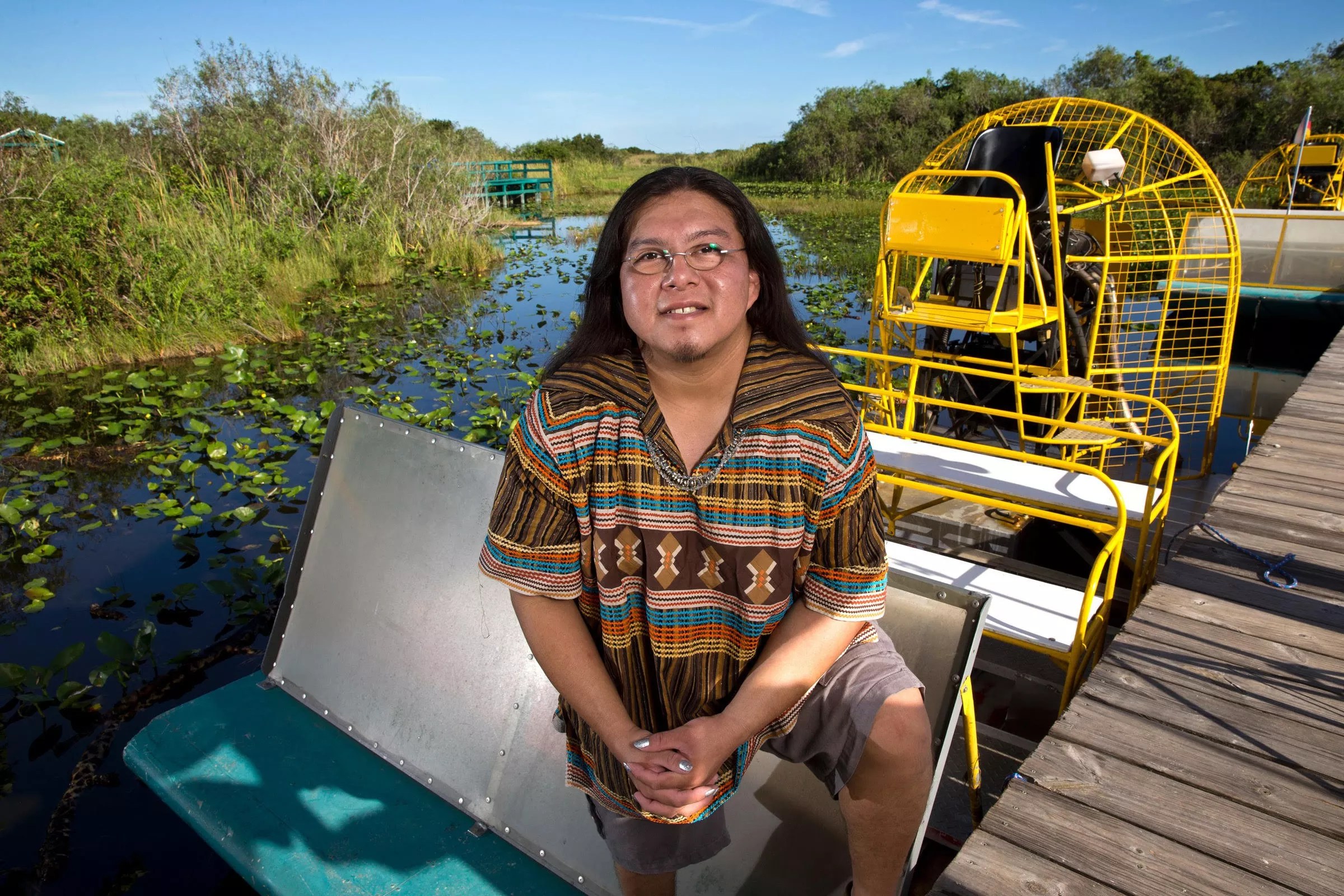
Houston Cypress
Photo by Workshops Miami
Houston Cypress: “Land Acknowledgments”
Miccosukee Tribe member Houston Cypress is a two-spirit artist and environmentalist who cofounded the nonprofit Love the Everglades Movement. He serves on the board of Unity Coalition.
Encourage more organizations to conduct land acknowledgments that are more actionable. A land acknowledgment is a public ceremony of healing and reconciliation between the broader community and the indigenous communities. One of the ways to make land acknowledgments more actionable is to build relationships and to stand together with indigenous people, especially when it comes to environmental concerns. Climate change and sea-level rise are important issues for Miamians, and the Miccosukee and Seminoles have prioritized Everglades restoration. All those things are tied together. If we focus together on our priorities and help each other, it will go a long way toward healing, reconciliation, and becoming better friends.

Lauren Foster
Photo by Greg Gorman
Lauren Foster: “Roads, Infrastructure, and Parking”
Lauren Foster is director of concierge and LGBTQ+ service at the University of Miami Miller School of Medicine. She was recently appointed to the Miami Beach LGBTQ Advisory Committee.
I would focus on our roads, infrastructure, and parking. By investing in the maintenance and upgrade of highways and city streets, I believe the general safety of our roads can be enhanced. We need input from the public, municipal government, and transportation officials to help this come to fruition. We need to weatherize our roads, protecting them against cracking, soft spots, and other damage caused by extreme heat and drought and add additional parking structures.
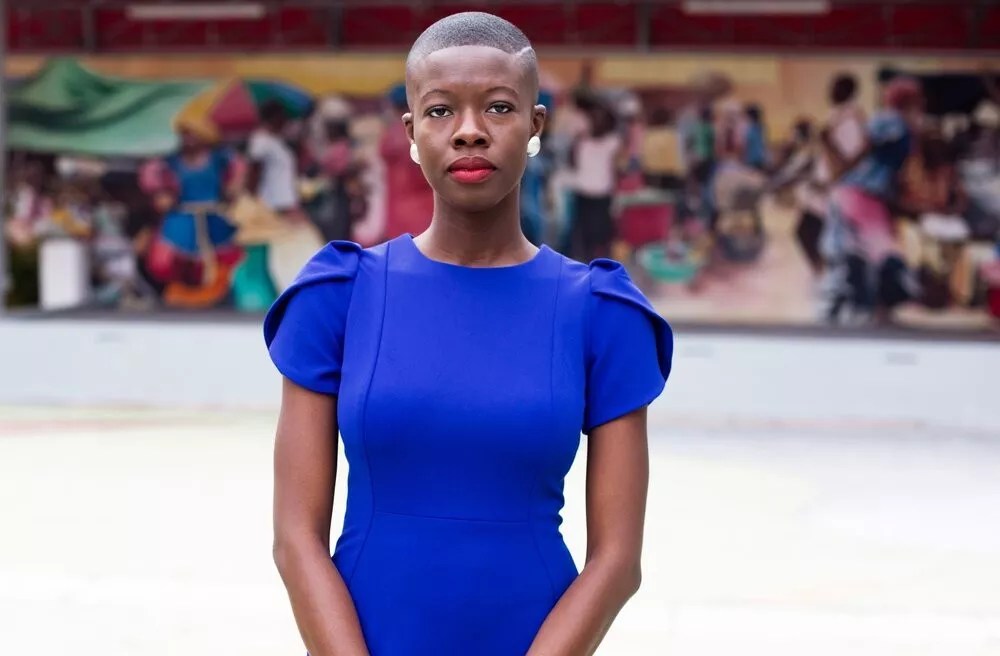
Nadege Green
Photo by Passion Ward
Nadege Green: “Black Narratives and Stories”
Nadege Green is a writer, researcher, and audio producer based in Miami and founder of the Instagram account @blackmiamidade.
From before its founding, Miami was home to Black people and in fact could not become a city without the Black men who signed the charter. (The very first name on the city’s charter is Silas Austin, a Black man.) Jessie Trice Community Health System is named after Jessie Trice, a Black nurse who pioneered preventive care for poor people. Gwen Cherry was the first Black woman elected to the Florida legislature and Miami-Dade’s first Black female attorney. If you’re a young person growing up in Miami or an adult who calls this place home, understanding the richness of Miami-Dade’s history is not possible when Black narratives and stories are made invisible or hard to find. Black people are pioneers and architects of this community – and my resolution is to make that history a little easier to find.
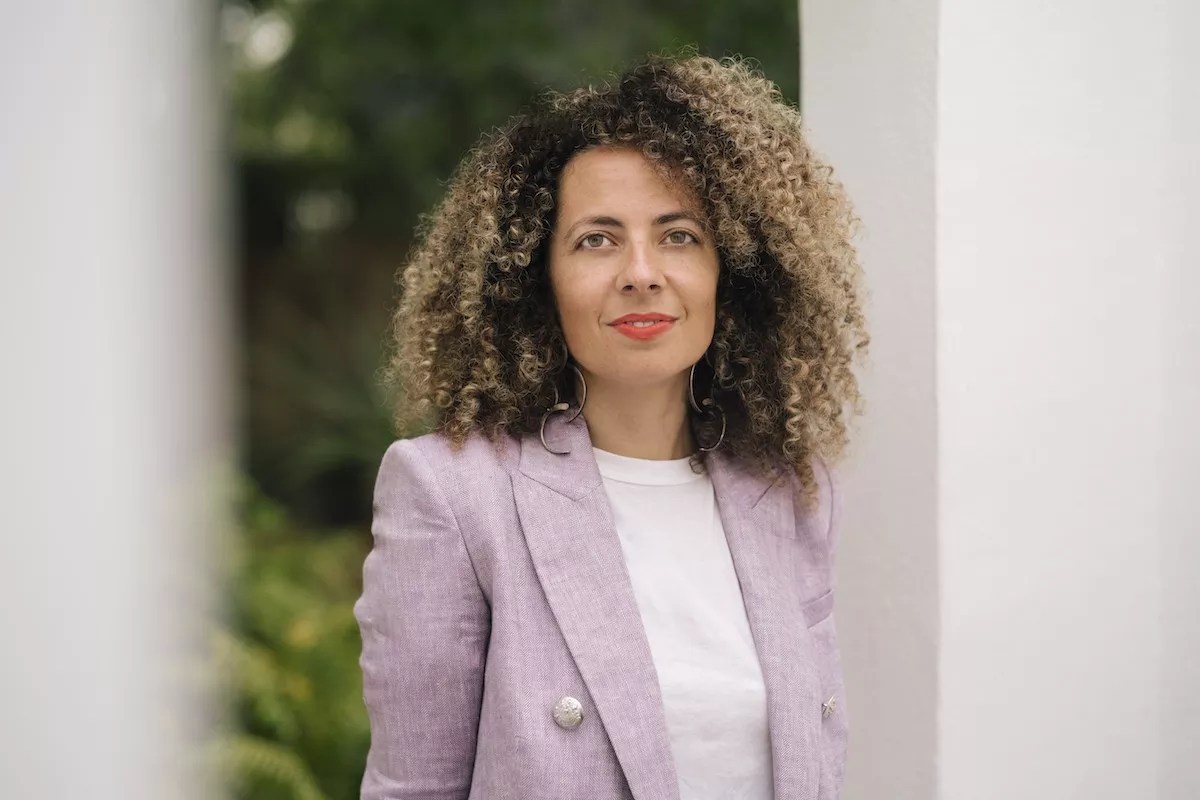
Nina Johnson
Photo by Gesi Schilling
Nina Johnson: “Finding the Good, the Positive, the Kind”
Nina Johnson is the founder and director of her namesake gallery in Miami’s Little Haiti neighborhood.
I would ask people to be more aware in finding the good, the positive, the kind, and to be a bit more conscious in spreading that forward. Everyone deserves a little extra sweetness this year – why not start with our hometown? May I suggest starting by not cutting people off in traffic, realizing someone lives on the street you’re speeding through and perhaps slowing down, not taking out your phone while you’re ordering or standing in line, and for goodness sake, wearing a mask? Just a few simple suggestions for making any place better, but why not start in your own backyard?
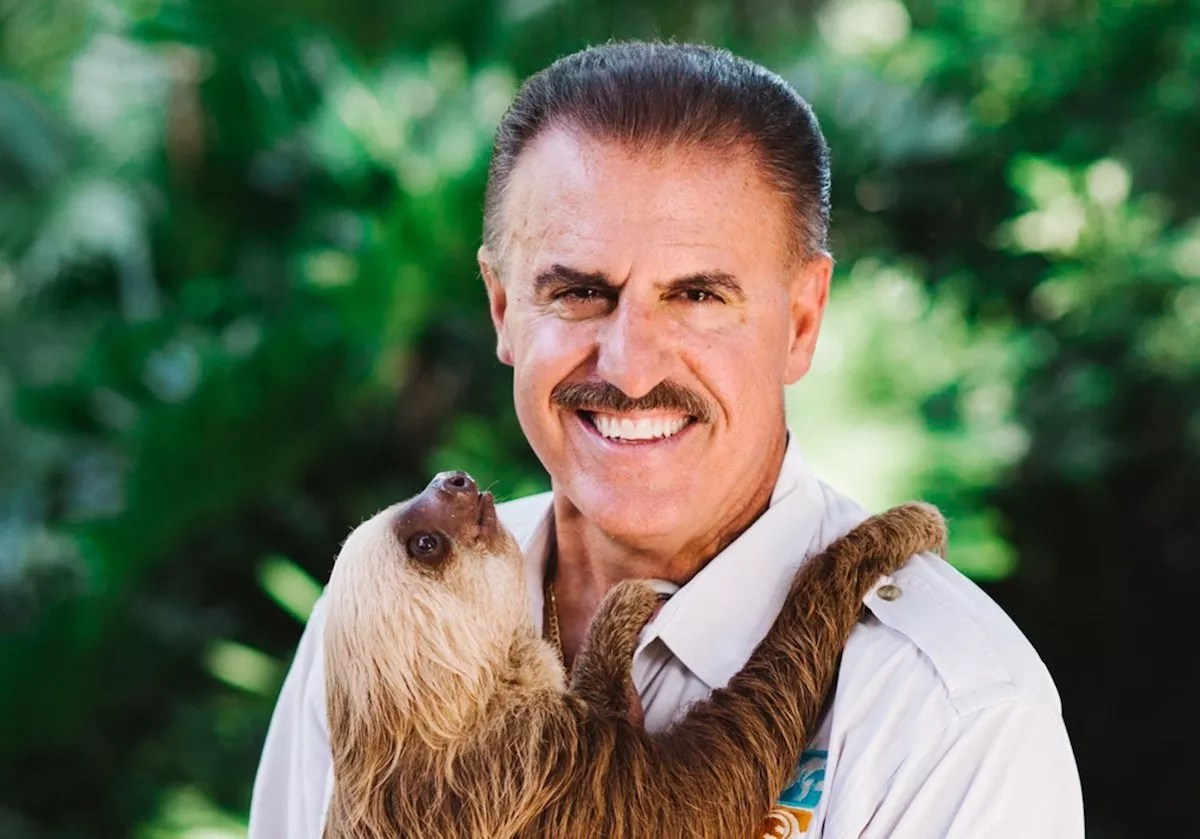
Ron Magill
Photo by Karli Evans
Ron Magill: “Slow Down Unbridled Development”
Ron Magill is communications director at Zoo Miami.
Slow down the unbridled development that is rapidly eroding away the environmental beauty that makes South Florida one of the nation’s unique natural treasures. I understand the need for progress and I realize that developer dollars provide a quick economic injection resulting in a temporary high to many. But at what expense? In the past several years, I have seen portions of Pine Rockland, Florida’s most endangered wildlife habitat, developed into a Walmart, restaurants, and hundreds of apartments. I’ve seen a golf course, home to a variety of native wildlife that was part of a covenant that promised to keep it as green space for decades, rezoned to allow the construction of 550 homes. Farmland rezoned for townhomes. Soon, the last municipal golf course in Miami, an oasis of green space in a sea of development, will likely be swallowed up by a soccer stadium and adjacent retail shops. I wish I had an easy solution to this dilemma. My hope lies in the younger generations. It gives me great hope that they will be the future leaders. But this depends a great deal on education and science. We must commit serious dollars to educating our youth in the life sciences as well as in the teachers who will be teaching them.
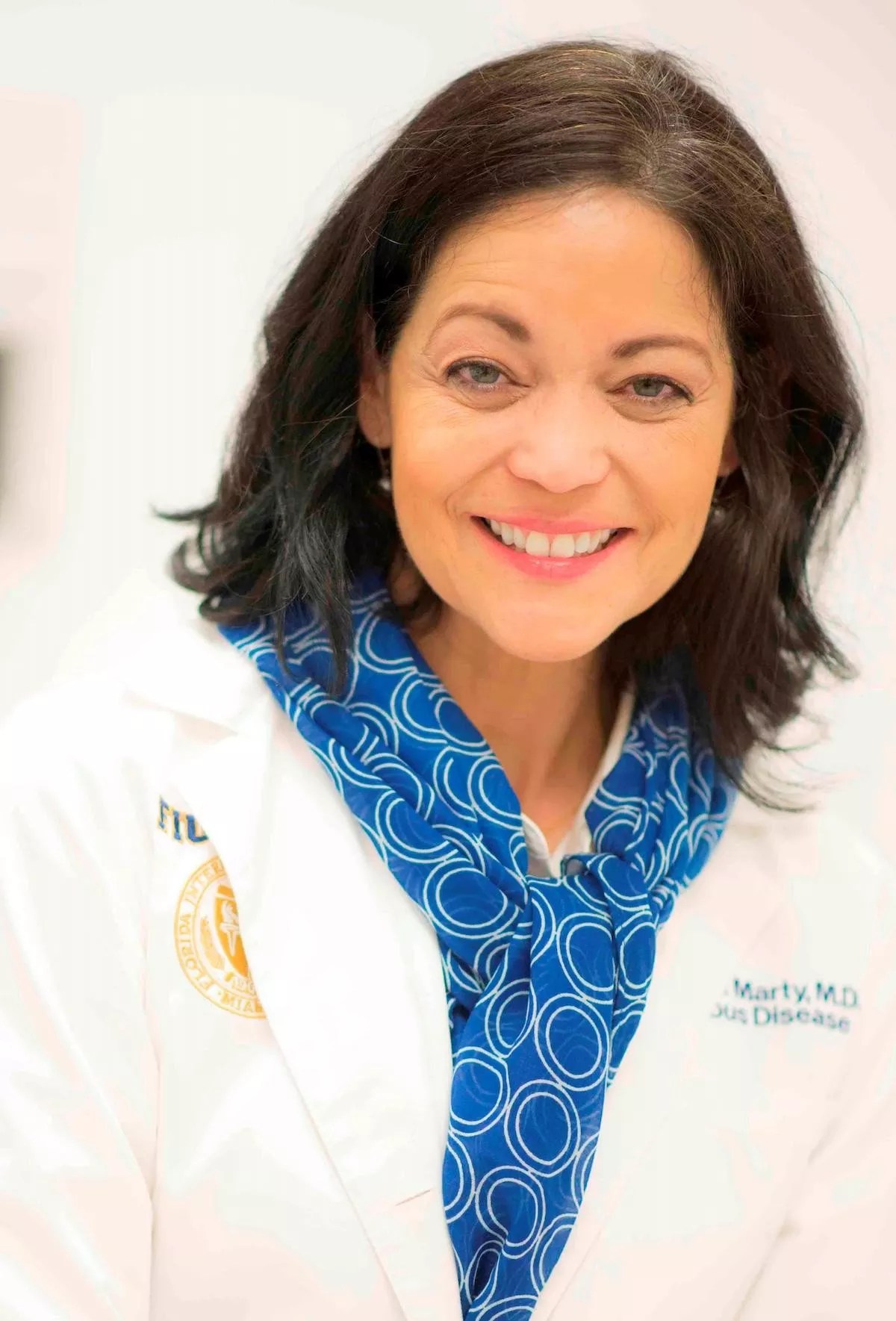
Dr. Aileen Marty
Photo by Ileana Varella
Aileen Marty: “Misinformation, Polarization, and Corruption”
Dr. Aileen Marty is an expert in infectious disease and disaster medicine who serves as a public health advisor for the South Florida community.
The biggest problems in Miami are similar to the biggest issues in the USA today: misinformation, polarization, and corruption. Persons running for office should meet baseline education criteria and pass a test to assure they understand U.S. history and our system of laws. To tackle corruption, it should be illegal to use private money on advertising. We must hold elected officials to metrics of success in the community’s health, safety, education, and welfare, not to campaign slogans. If they don’t meet the metrics, they should not be permitted to run for re-election. Politicians and influencers who deliberately make false statements to deceive others should be fined. The same should go for media outlets that employ false equivalences when presenting information. And finally, we should institute ranked-choice voting at all levels of elections.

Esther Park
Photo by Mary Beth Koeth
Esther Park: “Use Your Turn Signal”
Esther Park is vice president of programming at Oolite Arts.
Use your turn signal. There’s a reason cars come with turn signals – so use them. I don’t know why Miamians refuse to use them when trying to cross lanes but I beg of you, please – use them. It only helps your fellow drivers to understand your impending desire to switch lanes so you can make way. We are all here, on this rotating rock, living our best life and acknowledging everyone’s immediate desire to get from one point to the next, so please, alert us by using your turn signal. No need to be overly aggressive, just switch left or right and I’ll slow down to let you glide through. But by all means, do not try to insert yourself without any indication of potential movement or I’ll treat this as a threat and will cut you off. So yes, please use your turn signals and show us some humanity. Thanks.
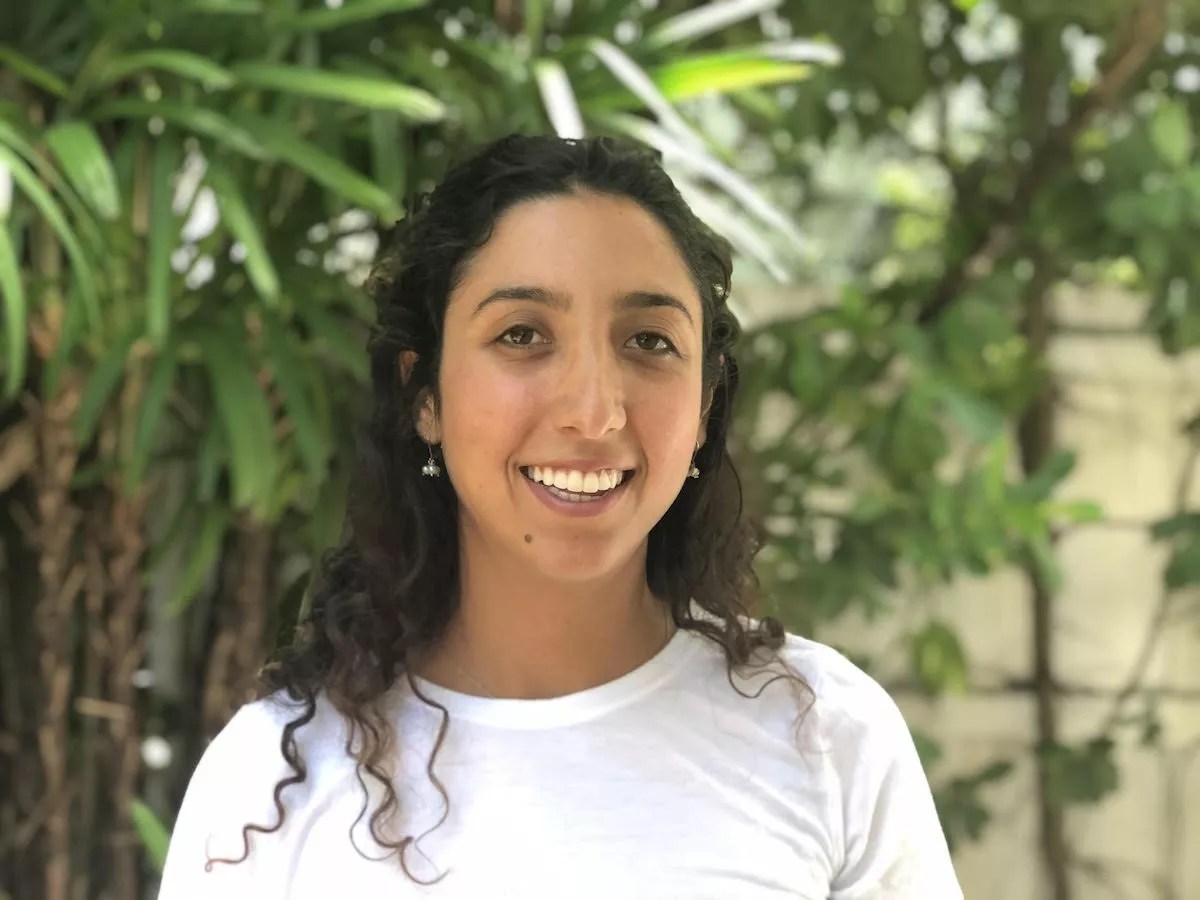
Sabina Osman
Photo courtesy of Sabina Osman
Sabina Osman: “Take Time to Slow Down”
Miami native Sabina Osman is a founding member of the Flowery, a Florida medical cannabis company, and of #Unlitter, a global sustainability movement.
My New Year’s resolution for Miami is community connection. Enjoy our parks and beaches. Meet your neighbors. #Unlitter your closet and donate to Miami Rescue Mission. Show up to events at the North Beach Bandshell and the hundreds of other great local venues. Miami is amazing – the thing we need to change and improve is our attitude. This can be accomplished despite constraints like money and bureaucracy. Try to enjoy the traffic, the sunsets, take time to slow down and appreciate this unique corner of the world that we live in. Happy 2022!

Melba Pearson
Photo by Loc Shotz
Melba Pearson: “Hold Bad Police Officers Accountable”
A former Miami-Dade County prosecutor and ex-deputy director of the American Civil Liberties Union of Florida, Melba Pearson serves as director of policy and programs for Florida International University’s Center for the Administration of Justice and is a senior fellow in the university’s Department of Criminology and Criminal Justice.
The Miami-Dade County Commission must expand the powers of the civilian oversight board to include subpoenas, so that they can truly investigate effectively to hold bad police officers accountable. Also, I challenge activists to resolve to get 60 percent voter turnout in the 2022 election. Progressive organizations must knock on every door to educate voters and get them engaged. And elected officials need to listen to the most marginalized voices, not just those who contributed or supported their campaign. Finally, State Attorney Katherine Fernandez Rundle should #FreeThomasRaynardJames.
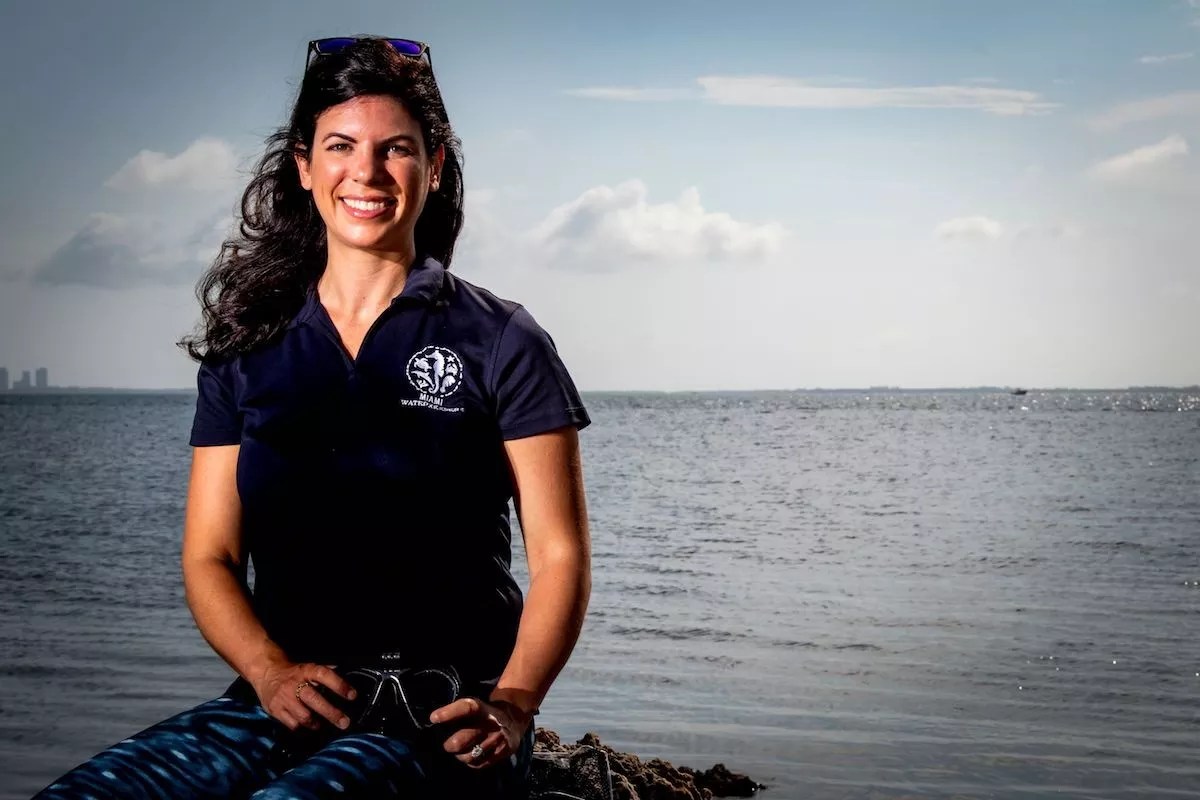
Rachel Silverstein
Photo by Eduardo Schneider
Rachel Silverstein: “Protect Marine Ecosystems”
Rachel Silverstein joined Miami Waterkeeper as executive director in June 2014. She got SCUBA certified at age 14 and has been a diver ever since.
Stop pollution by eliminating fertilizer use, repairing our county’s sewer lines, hooking up all properties to sewer lines, and properly managing stormwater. Protect marine ecosystems, restoring corals that were killed during the PortMiami dredging and planting seagrass and mangroves throughout Biscayne Bay. And force Florida Power & Light (FPL) to address the contamination and safety issues at Turkey Point. I want my sons, ages 2 and 4, to experience the diverse, eclectic coastal culture that is unique to Miami. I want them to grow up in a community that is driven by sustainability and that proactively adapts to our changing environment. And I want them to be safe while swimming in a Biscayne Bay that’s free of pollution and encompasses diverse ecosystems that protect our coastline.
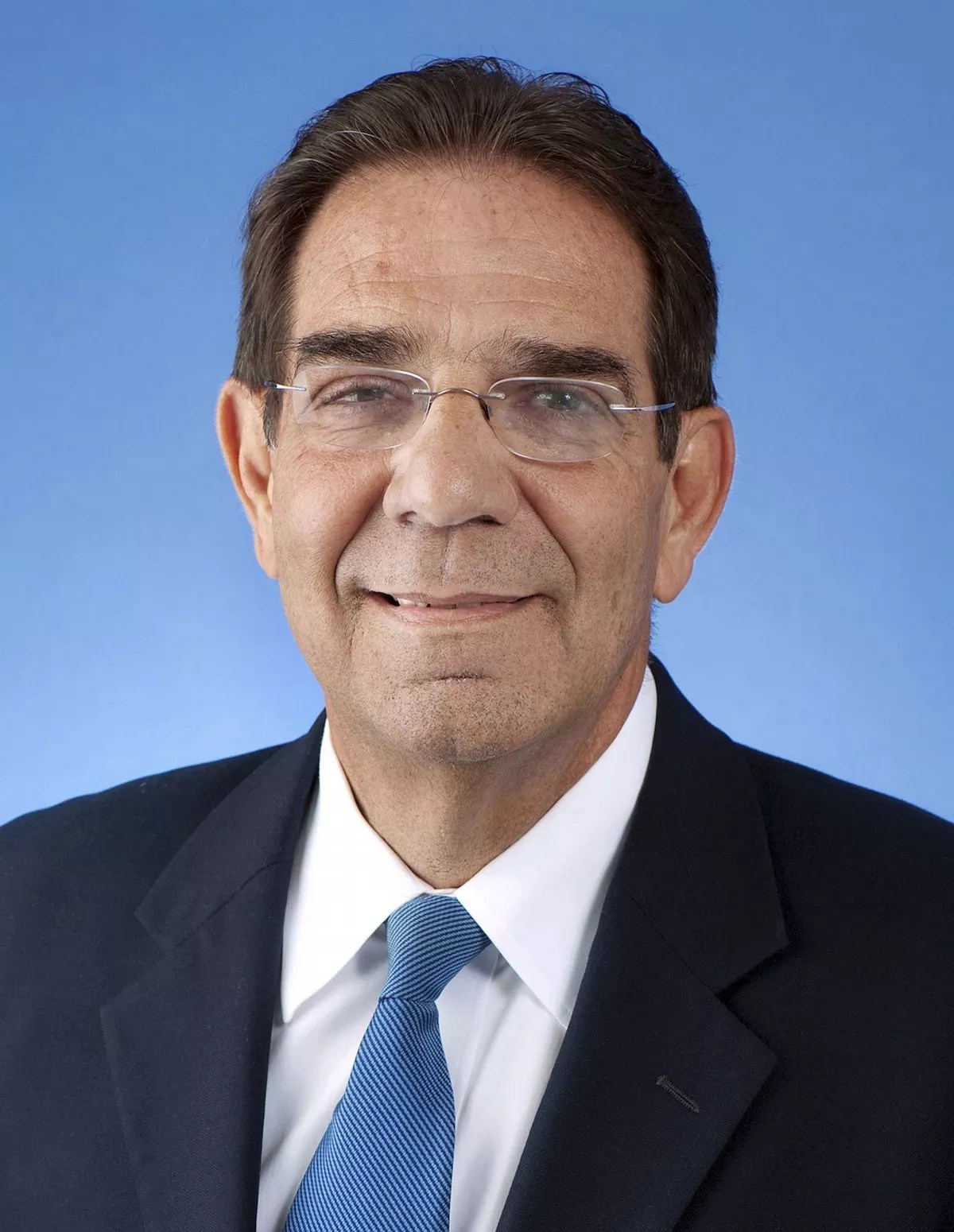
Xavier Suarez
Photo courtesy of Miami Dade County
Xavier Suarez: “Make Mass Transit Free”
Xavier Suarez served three terms as mayor of Miami and later as a Miami-Dade County commissioner.
Make mass transit free, as we did during the height of COVID-19. This would start with a fare-free bus and Metrorail system, coupled with free trolleys in three major municipalities (Miami, Coral Gables and Miami Beach) and free Metromover. Because 62 percent of Miami-Dade residents spend more than 50 percent of their disposable income on housing and transportation, making mass transit free (as has been done in cities in Europe and was proposed recently in Kansas City) would ease the one component of middle-class and working-poor living expenses that government can impact immediately. The county’s tax base is growing by leaps and bounds, which means that free mass transit can be absorbed easily. I’m guessing tax revenues will increase by 5 percent or more – which means at least $150 million in additional real estate tax revenues. So it’s not a big deal to absorb the loss of $50 million in mass-transit revenue.
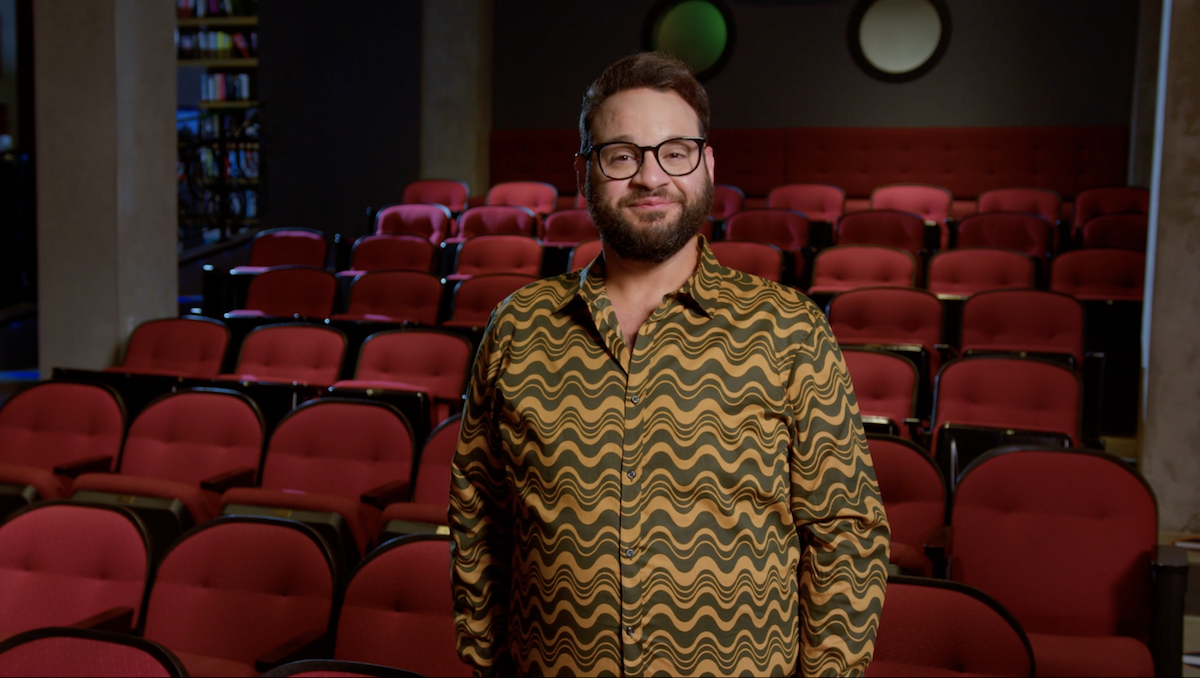
Kareem Tabsch
Photo by Ed Talavera
Kareem Tabsch: “Live Your Life With Mucho Mucho Amor“
Kareem Tabsch is a filmmaker and cofounder of O Cinema. The New York Times named his most recent film, Mucho Mucho Amor: The Legend of Walter Mercado (co-directed Cristina Constantini), one of its “20 Essential Latinx Films Since 2000.”
I was 12 years old when Hurricane Andrew happened but I vividly remember the fear, destruction, and magnitude of that event. I also recall the sense of community that came after. But in the years that ensued, Miami seemed to more often turn to callousness than kindness. When the pandemic began, though, I once again saw a city come together. And when the Champlain Tower collapsed last summer, the grief, care, and concern for our lost neighbors were overwhelming. This beautiful city always seems to come out of the worst as a lovelier place. I wish that overwhelming sense of kindness didn’t just make itself known in the wake of calamity. I’d love to see Miamians realize that life is too short and our blessings too bountiful to not treat each other and ourselves with kindness. Smile at strangers, check in on the neighbor you don’t know too well, avoid honking your horn, in the face of a silly argument choose to diffuse the tension instead of giving in to it. Even when we feel inside that things are unsurmountable, lean into the optimism that you can do it. That the good outweighs the bad. Whether it’s our family, our friends, or just the gorgeous hues of color that come alive in the Miami sky at sunset, there’s so much we have to be grateful for, so much we have to enjoy. My New Year’s resolution for this city I love so much is a lesson we all learned from Walter Mercado, the wonderful wizard who came onto our television screens for decades, teaching us that most important of lessons: Live your life with mucho mucho amor.

Preston Wilson
Photo courtesy of Preston Wilson
Preston Wilson: “More Empathy Toward Other Communities”
Preston Wilson played for ten seasons in Major League Baseball (including five with the Marlins) and won a World Series ring with the St. Louis Cardinals in 2006.
I’d love to see more of a sense of community. When you have a lot of different people who come from different places, there’s a separation. But it’s gotten to where it’s more like a dog-eat-dog deal. They had the laws changed in Florida because they were upset at African-American people for protesting. Then, when the Cuban community came out to protest what was going on in Cuba, they needed to use that right to protest themselves. When you start trying to say someone doesn’t have a right to protest – and they do have the right, it’s written into our Constitution – it shows you don’t think that person is as important as you are. I think that’s been exacerbated, especially in Miami. A lot of it is political, and the radio media is a big problem, as well. But some of it is just people starting to be afraid. In this country, there’s enough room for everybody. Every group has their problems, every group has their bad people, every group has their good people. There needs to be more empathy toward other communities.